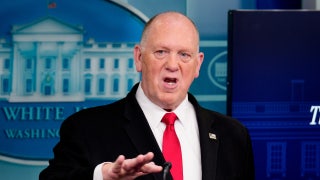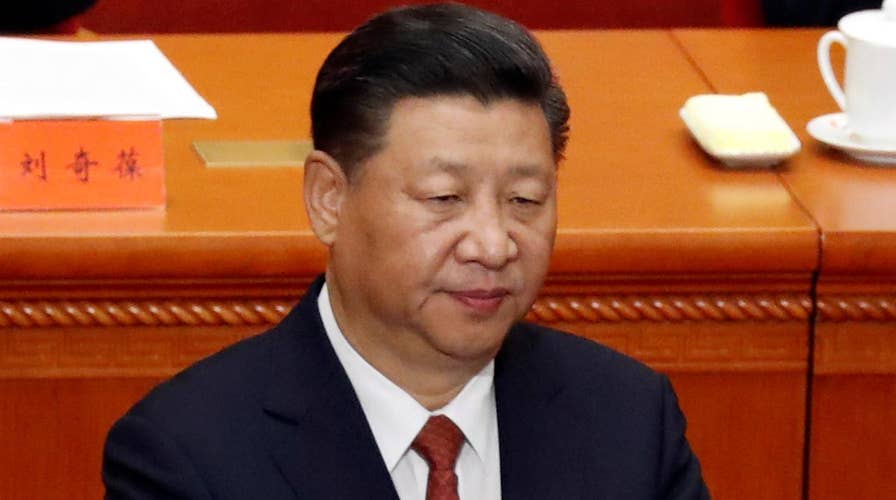Is this a good time to be cracking down on China?
Trump to sign memo launching a trade investigation against China
As President Trump gropes with the devastation of Harvey, he should also pay attention to China’s bold bid to become the leader of the global economy. This weekend, it will build the foundation of that takeover strategy with BRICS.
BRICS stands for the charter members – Brazil, Russia, India, China and South Africa – of an economic alliance formed by China that hopes to challenge America’s traditional dominance in world economic affairs.
China’s gross domestic product (GDP) is already the world’s second largest. By allying itself with another major American nemesis – Russia – and the rapidly growing economies of Brazil and India, China hopes to bypass the U.S. in world influence, especially in developing countries.
Ensuring that the BRICS summit is a success is vitally important to Chinese President Xi Jinping, who will preside over the three-day session. Chinese TV has been running a nightly hagiography of Xi, painting him as a leader who can bring the world together and ensure widespread prosperity. The contrast with Trump, who was elected on his Make America Great Again rhetoric, could not be more glaring.
It’s no accident that China picked partners from South America, Asia and Africa, along with Europe’s largest country, Russia, to make its challenge. And the summit beginning Sunday in the Chinese city of Xiamen will include prospective new members including Egypt, Mexico, Guinea and Thailand – all of them from regions around the world where the U.S. is seeing its influence in decline.
“China has already started thinking about a BRICS-plus,” says Sourabh Gupta, a senior policy analyst at the Institute for China-America Studies. “This is essentially about China focusing beyond its neighbors, big emerging economies and embracing and integrating other developing countries, so that China can leverage its influence and take leadership roles at the global level.”
China’s inroads into U.S. leadership have grown increasingly assertive, even as Trump promises to reset the dial on American relations with Beijing. The ongoing North Korea nuclear situation, where Trump correctly thinks China could be more helpful, has stalled development of an overall trade policy.
Even as the U.S. struggles to identify and shape its goals, Trump is repeating his campaign threats to enact tariffs and protectionist measures against Chinese imports that could start a trade war. He’s also considering how to answer China’s ongoing island-building in the South China Sea – which Beijing regards as sovereign territory.
China is not without weapons, aside from its military. It holds $1.2 trillion dollars of U.S. government securities – in other words, loans -- that could be called in at any time. China also controls 95 percent of the world’s production of rare earth elements, minerals and metals that are crucial to almost electronic and digital product from GPS systems to the F-35 fighter jet. China cut off exports of rare earths in 2010, and sent world markets into a frenzy.
With the misery in Texas dominating TV screens, it’s difficult for Trump to pay heed to a summit in provincial China. He should.
His top priority as president is America’s safety and welfare. China’s leader has the same priorities for his country – and a plan built with BRICS to make sure things go his way.









































